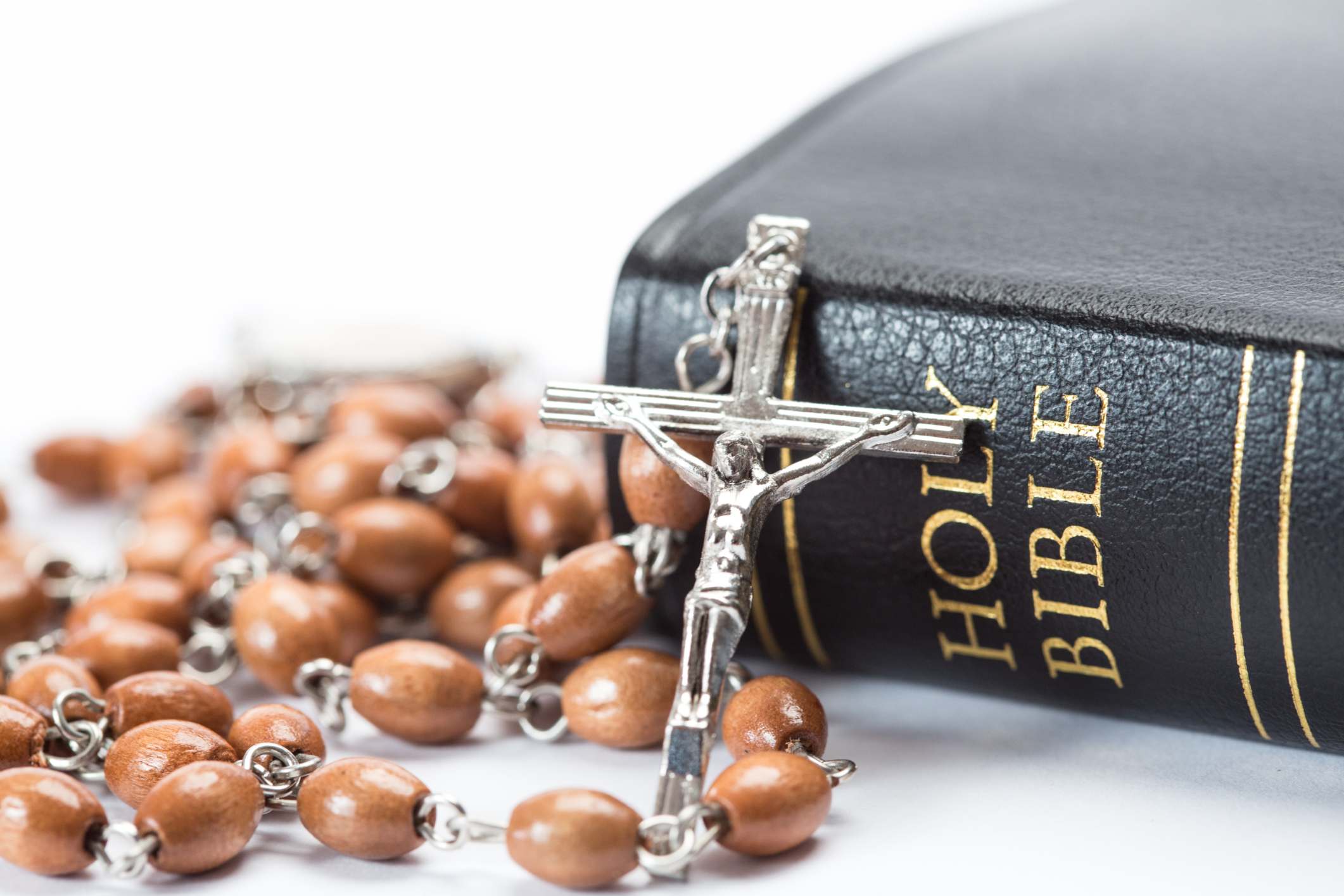 So-called cultural wars and religious skirmishes play out publicly throughout the United States, in politics, courts and public schools. From billboards preaching Jesus to Bibles handed out to schoolchildren, people aim to disseminate their religious message, even if it is already the dominant faith in every part of the country.
So-called cultural wars and religious skirmishes play out publicly throughout the United States, in politics, courts and public schools. From billboards preaching Jesus to Bibles handed out to schoolchildren, people aim to disseminate their religious message, even if it is already the dominant faith in every part of the country.
The truth is that all people have spiritual beliefs that they value. It could be firm faith in one true god, belief in guidance from hosts of angels, or awe at the holiness of a grove of old growth trees humans feel wonder in their souls at the magnificence of the universe. When one group fights for the right to distribute religious tracts to public schoolchildren, or for the right to place a religious memorial such as a stone engraved with "Ten Commandments" on public courthouses, it is natural that other groups will want equal time to access the public with a different religious message.
Religious Diversity in Orange County Schools
A recent court decision allowed for distribution of religious materials in public schools. Local Christian groups sought to deliver children's pamphlets and Bibles to kids. When the court ruled that religious tracts of all types could be given to public school kids, the Satanic Temple recently involved in placing a goat head monument on a public square in Oklahoma saw the need to represent other religious views in Orange County schools.
The group provided copies of The Satanic Children's Big Book of Activities for distribution in the schools. Stating that they believe that the nation's constitutional values are best served by maintaining a strong separation of church and state, they affirmed that they would never try to set a precedent in delivering religious materials to public schools. In the face of dominant religious groups handing out propaganda in schools, however, they felt the need to provide an alternative religious option to the kids.
Jesus and Atheists Take Turns Speaking to Truckers
Many rural areas in the country have only one major lifeline connecting them to the rest of the nation: the ribbon of blacktop that brings truckers, tourists and wanderers through the country. Travelers may not stop at a diner for food and chat about events as they once did, and they may not shop at the one grocery store in town as people may have done in another time, but they certainly do notice big signs along the road.
Billboards with religious appeal, rather than commercial announcements, sprout up in rural areas where a space alongside the road may come relatively cheap compared to other forms of public speech. Ranging from comforting messages about (or from) Jesus, to urgent exhortations to end sin and abhor abortion, the highway may fill an important place in public discourse by allowing voices that feel unheard to speak to passersby.
Atheists saw an opportunity to voice their dissenting opinion by taking up advertising space along the same rural roads. One billboard features a young girl writing to Santa Claus, asking if she can skip church. Another consoles lonely disbelievers, assuring them that they are not alone in atheism.
Some wonder if there is a point to these expensive declarations of faith that stake out space along the public thoroughfare. In a culture where everything is for sale to the right bidder and advertising space is arriving on school buses, textbooks, clothing, and more, is it positive development to see urgent appeals from the heart sharing space with products and services hawked to all who pass by? Is it not the traditional American spirit to speak out publicly on personal beliefs of importance? A culture that communicates even in a fairly passive-aggressive method such as billboard exhortations to faithfulness may be healthier because of their attempts at honest discussion of deeply held beliefs.



